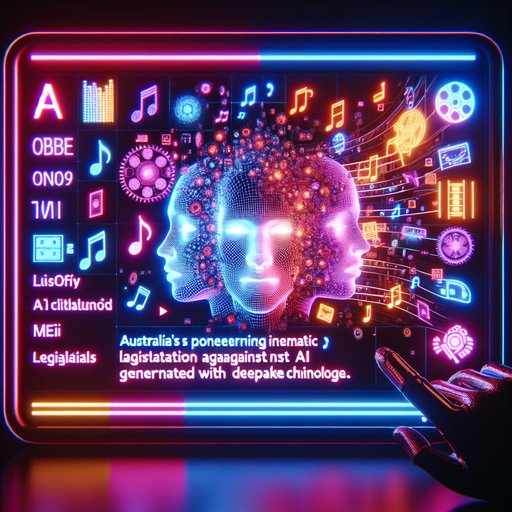
In a groundbreaking move to combat the rising threat of synthetic media abuse, Australia has announced new regulations requiring tech companies to prevent the creation and distribution of AI-generated nude images [1]. This initiative comes amid growing global concern over the misuse of deepfake technology and its potential for harassment and fraud.
The proliferation of deepfake technology has reached alarming levels, with fraudsters increasingly exploiting AI-generated content to deceive unsuspecting victims. A recent case involved a woman who was targeted by scammers using a deepfake video of "General Hospital" actor Steve Burton, demonstrating how sophisticated these deceptions have become [2]. The incident highlights the growing difficulty in distinguishing between real and AI-generated content.
Meta has faced criticism for generating AI chatbots using celebrities' likenesses without consent, including the creation of potentially inappropriate content involving minors [3]. This controversy underscores the urgent need for ethical guidelines and regulatory frameworks in the development and deployment of AI-generated content.
The challenge of regulating synthetic media is further complicated by legal considerations. A federal court recently ruled that California's ban on deepfake election ads is unconstitutional, suggesting that attempts to restrict AI-generated content must be carefully balanced against free speech rights [4].
Experts warn that deepfake-related fraud has seen a dramatic increase, posing significant risks to both individuals and businesses [5]. The ease of creating convincing synthetic content has made everyone potentially vulnerable to exploitation, necessitating increased awareness and protective measures.
- Australia To Tackle Deepfake Nudes, Online Stalking
- “I would never ask for money”: Woman duped by AI deepfake of “General Hospital” actor Steve Burton
- Meta: deepfake in chat, star e minori generati dallAI senza alcun consenso
- California’s “Deepfake” Election Ad Ban Is Unconstitutional, Federal Court Rules
- Allarme truffe deepfake: crescita spaventosa nel 2025
























